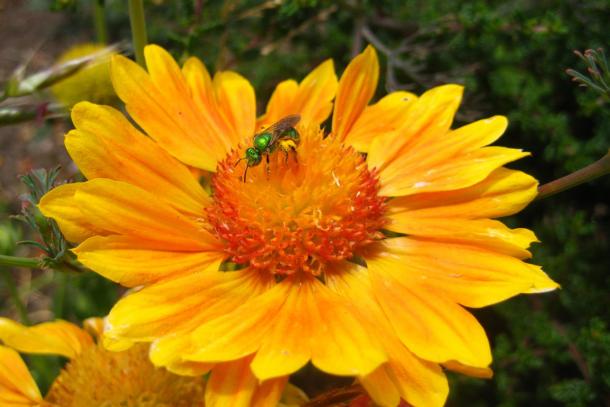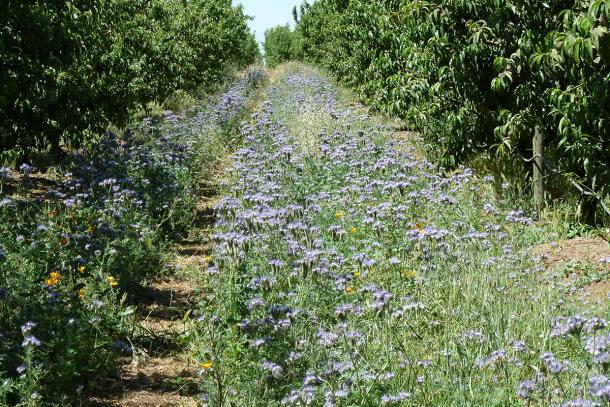
Imagine a world without strawberries, apples, chocolate, coffee, squash, or almonds. More than three-quarters of the fruits, vegetables, and nuts we eat rely on pollinators like honeybees. The phenomenon known as Colony Collapse Disorder (CCD) has raised concerns about honeybees over the last decade, and although CCD is no longer the primary worry, honeybee losses continue to rise.
But many other pollinators are also in peril. A timely new report from the United Nationsshows troubling trends that threaten the future of pollinators and our food supply. Human activities are largely responsible—and the solutions are also in our power.
According to the report, pollinators worldwide are being driven to extinction by habitat destruction and degradation, intensive agriculture, pesticide use, pollution, invasive alien species, pathogens, and climate change. In some regions, 40% of invertebrate pollinators, particularly bees and butterflies, are endangered. More than 16% of vertebrate pollinators, like bats and birds, are also threatened.
The UN report’s solutions to the crisis include protecting natural habitats, restoring native vegetation, and planting flower corridors to connect wild areas. Reducing pesticide use and using Integrated Pest Management (IPM) can also increase the abundance and diversity of pollinators. Researchers and farmers in California have been already working together to create diverse landscapes where crucial pollinator populations can thrive.
Protecting Pollinators

As honeybees face increasing threats, native bees provide new hope for farmers who rely on pollinators for crop production. Since 2009, Frog Hollow Farm, a 143-acre organic fruit farm in Brentwood, has been partnering with the UC Berkeley Urban Bee Lab and the USDA Natural Resource and Conservation Service to promote native bees in agricultural areas.
…click on the above link to read the rest of the article…